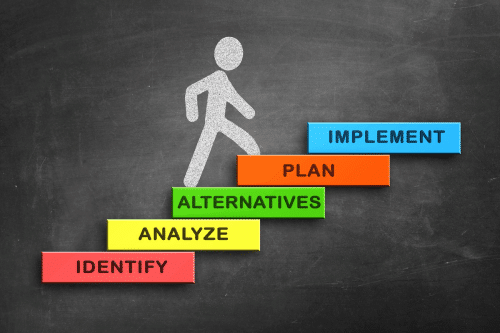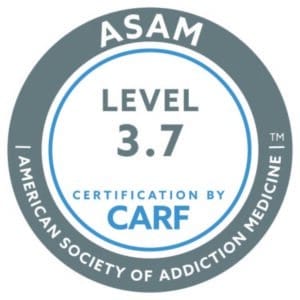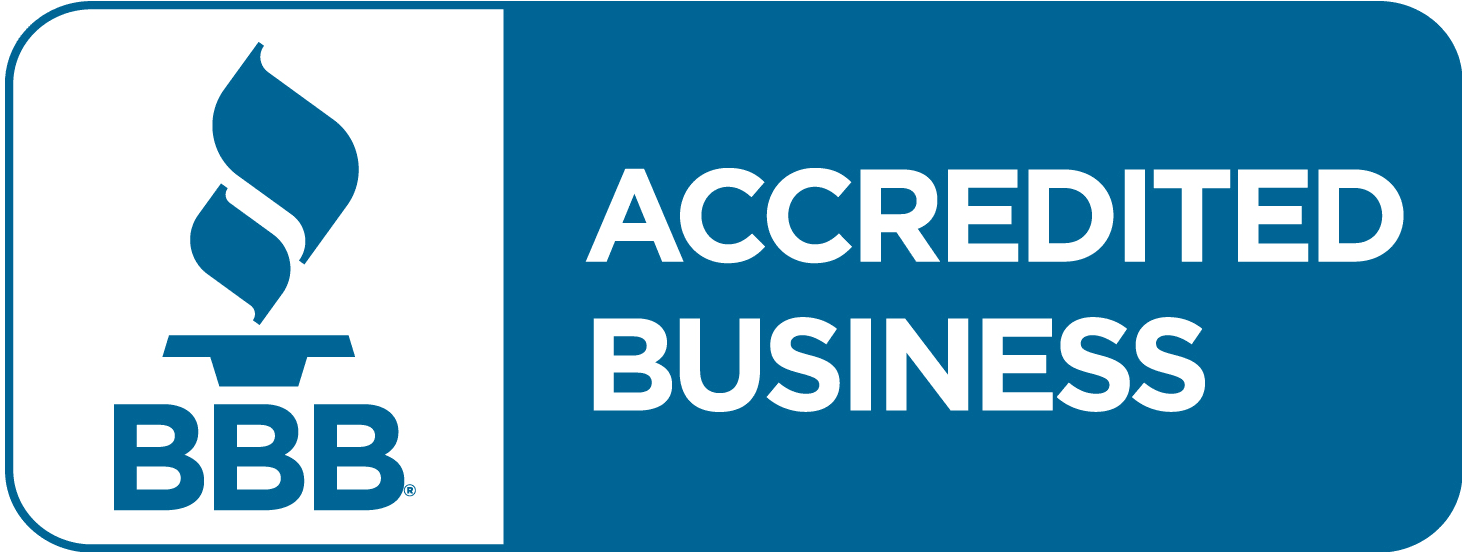Addiction and Codependency: Cultivating Independence
Addiction and codependency are deeply connected. Many people with substance use disorder also experience codependent relationships. At Opus Treatment in Orange County, we help individuals and families break the cycle of addiction and codependency through evidence-based therapies, residential treatment programs, and ongoing support.
Understanding Addiction
Definition of Addiction
Addiction is a chronic condition marked by compulsive substance use or behavioral addictions, despite negative consequences. It disrupts daily functioning, mental health, and physical health, and often results in harmful behaviors.
Types of Addiction
People can develop addiction to alcohol, drugs, or behaviors like gambling and sex. Addicted individuals may engage in destructive patterns that affect their relationships, emotional well-being, and overall stability.
Causes of Addiction
Addiction is influenced by genetic factors, mental health disorders, trauma, and environmental pressures. Dysfunctional family dynamics, childhood experiences, and mental health issues are common contributing factors.
Exploring Codependency

Definition of Codependency
Codependency is a pattern of excessive reliance on another person, often seen in romantic partners or family members of people with addiction. A codependent person may feel responsible for the addicted partner’s actions and emotions, leading to an unhealthy relationship dynamic.
Common Traits of Codependent Individuals
Codependent individuals often experience:
- Poor boundaries
- Fear of abandonment
- Low self-worth
- Excessive caretaking
- Feelings of inadequacy
- Poor communication skills
These codependent behaviors can cause emotional turmoil and enable the addictive behaviors of the person with addiction.
Origins and Development of Codependency
Codependency often begins in dysfunctional families. Children of people with substance abuse issues or mental disorders may take on a caretaker role early in life. These early patterns shape adult relationships and reinforce codependent patterns in romantic relationships and intimate relationships.
The Relationship Between Addiction and Codependency

How Codependency Feeds Addiction
Codependent partners may protect the addicted person from the effects of addiction. This includes covering up harmful behaviors, denying the severity of the addiction, or assuming a caretaking role. This emotional reliance supports a destructive cycle that delays recovery from addiction.
The Cycle of Addiction and Codependency
The cycle of codependency and addiction creates a dysfunctional pattern. The addicted individual continues using, while the codependent person enables or rescues them. This relationship dynamic traps both individuals in a loop of destructive behavior and unmet emotional needs.
Identifying Signs of Codependence in Relationships with Addicts
Common symptoms of codependency include:
- Emotional overinvestment in the addicted partner
- Difficulty maintaining personal boundaries
- Relationship addiction or constant focus on the needs of others
- Intense fear of rejection or abandonment
- Staying in an abusive relationship or unhealthy relationship pattern
Codependency in families often goes unnoticed, especially in cases where substance abuse, mental health conditions, or poor behavior are normalized.
Breaking the Cycle
Recognizing Unhealthy Patterns
Recognizing codependent behaviors is the first step to change. Uncovering patterns of behavior like excessive caretaking, unhealthy reliance, and psychological reliance helps people gain insight into their current relationship and family dynamics.
Developing Healthy Coping Mechanisms
Recovery from codependency involves learning healthier coping skills. These may include journaling, therapy, mindfulness, or expressive outlets like art therapy. A healthier relationship begins when individuals focus on their own emotional health and stop engaging in harmful relationships.
Learning to Set and Enforce Boundaries
Codependent individuals often struggle with poor boundaries. Learning to set and maintain healthy boundaries helps stop the cycle of enabling and supports long-term recovery for both the codependent person and the person with addiction.
Treatment Options

Overview of 12-Step Programs
12-step programs, such as Al-Anon and Codependents Anonymous, offer structured support for those affected by another’s substance abuse. These programs help participants understand the inclusion of codependency in their recovery journey and develop accountability.
Therapy and Counseling Options
Therapy options include:
- Cognitive Behavioral Therapy (CBT)
- Family-focused therapy
- Trauma-informed therapy
These treatments help clients identify codependency symptoms, build healthier relationships, and address co-occurring mental health disorders such as borderline personality disorder or other personality factors.
Residential Treatment Programs
Opus Treatment offers comprehensive treatment programs that include residential rehab programmes for addiction and codependency. With an experienced team of professionals, we build individualized treatment plans that address both substance use disorder and codependency issues.
Understanding Root Causes
Emotional and Psychological Roots of Codependency
Codependency stems from emotional neglect, misplaced emotions, and dysfunctional relationship patterns learned in childhood. The Diagnostic and Statistical Manual recognizes how mental disorders and personality disorder traits can influence these behavioral patterns.
Substance Use Disorder (SUD) Origins
SUD may develop due to trauma, mental health conditions, and environmental triggers. Understanding the roots of addiction helps guide professional treatment and promote long-term recovery.
Developing Effective Intervention Strategies
Personalized Intervention Approaches
Opus Treatment offers personalized strategies for addressing addiction and codependency. Our admissions team works closely with families to plan interventions that support recovery from codependency and addiction in a respectful, goal-oriented way.
Building a Supportive Network for Recovery
People with substance use and codependency issues benefit from supportive environments. Building a network of sober peers, mental health professionals, and family members helps maintain progress through the recovery process.
Long-Term Recovery Planning
Sustainable recovery requires planning. This includes developing personal boundaries, attending support groups, continuing therapy, and participating in rehab programs. Recovery from codependency and addiction is a journey to recovery that requires commitment, education, and consistency.
At Opus Treatment, we understand the link between codependency and addiction. Through professional treatment, individualized care, and a focus on both the person with addiction and their loved ones, we help break the vicious cycle and support healing for all involved. Contact us to start your recovery journey today.
Frequently Asked Question's
Addiction and codependency often exist together in dysfunctional relationship patterns. A codependent person may feel emotionally responsible for the addicted partner, leading to enabling behaviors and excessive reliance. This creates a destructive cycle where both individuals depend on each other in unhealthy ways, making recovery more difficult without intervention or support from mental health professionals.
Common signs of a codependent relationship include poor boundaries, fear of abandonment, and taking on a caretaker role for someone with substance use disorder. Codependent individuals may neglect their own needs, suppress personal emotions, and stay in harmful relationships. These behaviors often develop from childhood experiences and are reinforced by emotional reliance on others, especially in intimate relationships affected by substance abuse.
Yes. Comprehensive treatment programs like those at Opus Treatment are designed to address both addiction and codependency. Through evidence-based therapies, family-focused therapy, and individualized treatment plans, clients can work on healthier coping skills, recover from codependent patterns, and support long-term recovery. Residential treatment programs and 12-step support groups are also effective options.
Recovery from codependency starts with recognizing unhealthy behaviors and seeking professional treatment. Therapy helps individuals understand the emotional roots of codependency and develop healthier relationship dynamics. Learning to set personal boundaries and improve communication are key parts of the recovery journey. Joining a support group or working with an experienced team can also guide the process of building healthier relationships.












